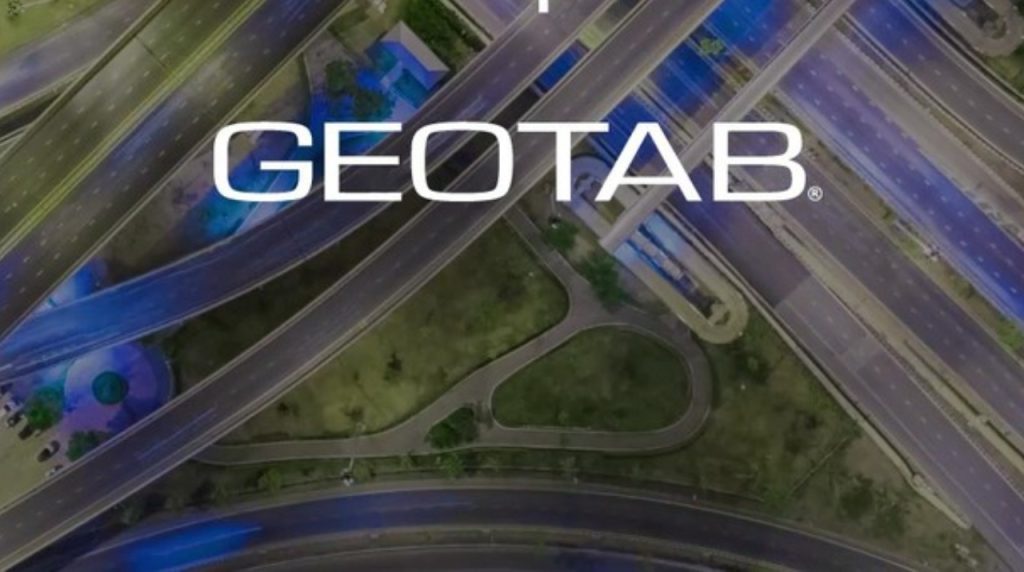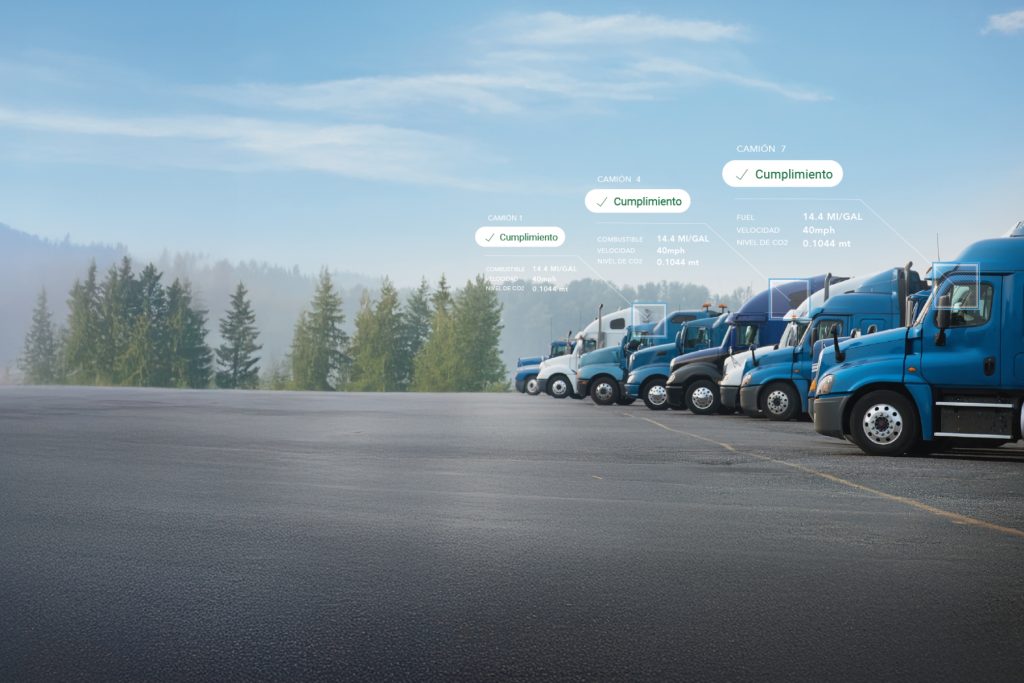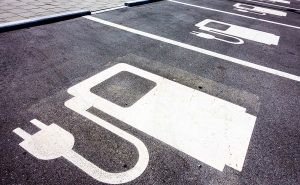
Artificial Intelligence, Sustainability, and Electrification among Geotab’s predictions for the sector in 2025

Geotab presents a series of predictions for 2025 that will transform the sector, highlighting trends in Artificial Intelligence, sustainability, telematics, and the gradual transition to fleet electrification.
As one of the world’s leading companies in transportation solutions, Geotab’s executives share their insights on each of these predictions:
The company believes that AI models will continue to evolve to address customer issues while placing greater emphasis on data privacy and transparency.
You may also read: Geotab: Data That Helps Fleets Reduce Their Emissions
Whether in matters of safety or maintenance, artificial intelligence models trained on millions of real data points provide valuable insights, accurately identifying collision risks and critical maintenance issues, setting new standards for efficiency, and ensuring driver safety.
Trust and Security
Sabina Martin, Vice President of Product Management at Geotab, and Mike Branch, Vice President of Data and Analytics at Geotab, predict that providers will lead with transparency this year, prioritizing privacy and security and beginning to adopt more sustainable AI practices.

Pedro Giraldo, Sustainability Leader for Geotab in Latin America, asserts that there will be a gradual shift toward electric fleets in Mexico, focusing on last-mile delivery.
He explains that transitioning to electric fleets will remain key to reducing emissions, especially in the last mile. Although Mexico still faces challenges such as a lack of charging infrastructure, like many markets, the prices of combustion and electric vehicles are expected to level out within a couple of years, and a gradual increase in electric vehicle use is anticipated, particularly in logistics areas, as transport hubs adopt more sustainable practices.
Meanwhile, Megan Allen, Senior Director of Product Management at Geotab, notes that efficiency will redefine sustainability. “In 2025, sustainability will differ for each fleet, but the common thread is efficiency. Greater attention will be paid to optimizing operations, whether through electrification, smarter routing, or reducing downtime, to save costs and resources.”
Similarly, Neil Cawse, CEO and founder of Geotab, explains that “customized telematics will become standard. Telematics is the key to fleet success, and in 2025, it will focus on personalized insights to meet unique needs and remain competitive and efficient.”
“2025 will focus on acquiring high-quality data insights, open platforms, and ecosystem partners who add specialized solutions to achieve better outcomes,” he added.

For Sean Killen, Vice President of Sales at Geotab, telematics growth is gaining ground in emerging markets. “In Latin America, the adoption of video telematics for fleets will grow significantly, supporting safety and brand protection.”
“In Southeast Asia, fleets will go beyond GPS tracking and adopt telematics to reduce costs. The journey has only just begun, with immense potential ahead,” he added.
Regarding this outlook for the sector heading into 2025, Sabina Martin, Vice President of Product Management at Geotab, stated:
“We are living in an era of disruption where technology is transforming the connected vehicle industry, and fleets depend on these advancements to manage costs and achieve safer and more efficient operations. Therefore, it is crucial to bridge the gap between this technology and our users in a way that is easy to understand, action-oriented, and delivers tangible improvements to their businesses.”





